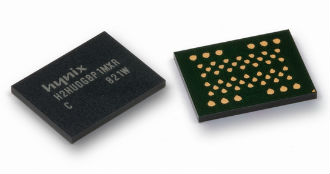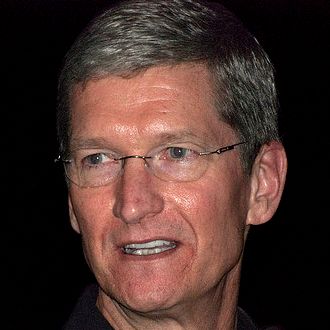 The Irish government told the Americans that it is OK for them to use a treaty to ask it to turn over emails stored in Irish servers.
The Irish government told the Americans that it is OK for them to use a treaty to ask it to turn over emails stored in Irish servers.
Microsoft is appealing a search warrant in the US for private email communications located in the company’s facility in Dublin, arguing that US law does not allow the government to issue search warrants to obtain customer data stored overseas.
But the Irish have been telling the court that while it should respect “Irish sovereignty” there was another way that the US could get the email out of Microsoft.
Ireland has a legal treaty with the US which would require it to hand over any emails as part of a criminal case anyway.
Ireland is citing an existing mutual legal assistance treaty with the U.S. that law enforcement can use to obtain the email. In its brief Ireland said it “would be pleased to consider, as expeditiously as possible, a request under the treaty, should one be made”.
Dara Murphy, Ireland’s minister for data protection, ahead of the filing said that the right of individuals to the protection of their personal data is an essential foundation for modern society and the growing digital economy.”
“We must ensure that individuals and organisations can have confidence in the rules and processes that have been put in place to safeguard privacy.”
In other words, while Ireland is happy to hand over the emails, it can’t be done by a US court ordering anyone about. It has to be done through the proper channels and at diplomatic levels.
Microsoft General Counsel Brad Smith said in a blog post that the warrant the US government wants means that US law enforcement has authority on Irish territory, something that can be done only with the consent of the Irish government.
It would set a dangerous precedent if the US court allows it. It will mean that US laws will effectively apply in other countries – ironically meaning that the mantra used by the US revolutionary’s about “no taxation without representation” is actually now referring to them.



















